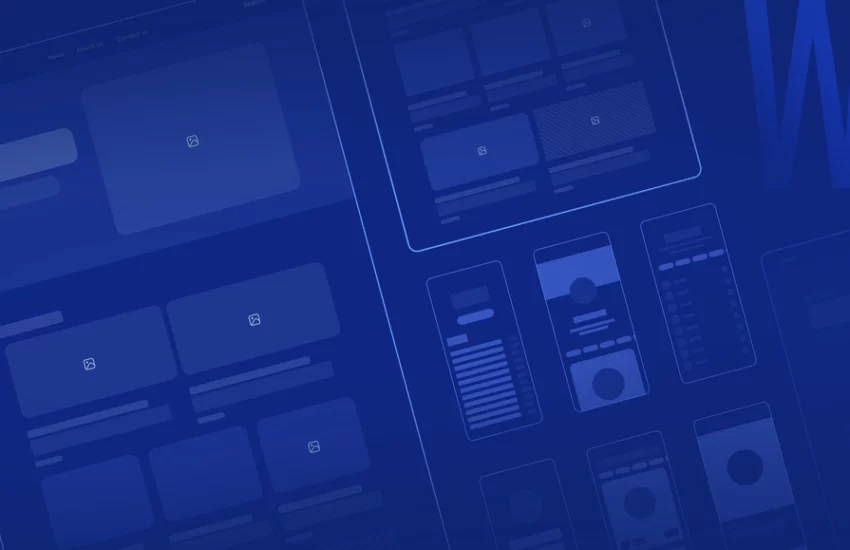The fusion of technical advancement and healthcare information systems has paved the way for a fundamental revolution in the modern world. Mobile applications are emerging as the central tenet of this revolution, which has redefined the boundaries of medical services. Recognising the intrinsic importance of mobile apps in transforming the landscape of medical services, from accessibility to patient involvement, is crucial as the sun rises on a new era of healthcare. Let’s explore the strong arguments supporting the current indispensability of mobile health apps.
Consistent Accessibility: The ubiquity of smartphones has ushered in an era of unprecedented accessibility. Mobile apps bridge the gap between patients and healthcare services, enabling users to access medical information, schedule appointments, and even engage in telemedicine consultations effortlessly.
Empowerment through Knowledge: Knowledge is a cornerstone of informed decision-making. Mobile apps empower individuals by granting them access to a vast repository of health-related information. From symptoms to treatment options, these apps nurture a sense of responsibility for one’s well-being.
Immediate Medical Assistance: Urgency often characterizes medical situations, and mobile apps respond adeptly. Features like virtual symptom checkers and first-aid guidelines provide immediate assistance, potentially aiding in critical moments before professional help arrives.
Telemedicine’s Emergence: The rise of telemedicine is intrinsically linked with mobile apps. Through these apps, patients can engage in remote consultations with healthcare providers, transcending geographical barriers and enabling access to medical expertise irrespective of location.
Mental Health Support: Beyond physical health, mobile apps are champions of mental well-being. A plethora of mindfulness apps, stress reduction tools, and cognitive behavioral resources provide vital support for individuals navigating mental health challenges.
Efficient Medication Management: Adhering to prescribed medication regimens is pivotal for effective treatment. Mobile apps revolutionize this process with automated medication reminders and dosage trackers, ensuring patients stay on track with their treatments.
Insights from Data: In the age of data-driven insights, mobile apps collect health-related information to provide users with personalized insights. These insights empower users to proactively manage their health by identifying trends and areas that require attention.
Convergence of Health and Fitness: The boundaries between healthcare and fitness blur within mobile apps. Integrated health and fitness features monitor physical activity, sleep patterns, and dietary habits, fostering holistic well-being through personalized recommendations.
Enhanced Patient-Provider Communication: Effective communication forms the bedrock of healthcare. Mobile apps strengthen this bridge by facilitating secure communication between patients and healthcare providers, ensuring queries are promptly addressed.
Customized Healthcare Solutions: The marriage of healthcare expertise and technological prowess has given birth to tailored healthcare solutions. A Specialist mobile app development companies in the healthcare sector curate applications that cater to its unique demands. These collaborations produce user-centric, secure, and compliant apps prioritizing patient data security and privacy.
In culmination, the shift toward mobile apps in healthcare signifies more than a mere evolution; it’s a necessary adaptation to the demands of modern life. These apps transcend geographical constraints, empower individuals, and facilitate proactive health management. As we embrace this transformation, the portrait of healthcare morphs into a canvas painted with the hues of innovation and technological advancement.
Conclusion
As we stand at the crossroads of innovation and well-being, the symbiotic relationship between mobile apps and healthcare has illuminated a path toward patient-centricity and efficiency. The rise of telemedicine, the championing of mental health, and the optimization of medication management all stand as testaments to the transformative power of these applications. The data-driven insights, personalized health tracking, and enhanced communication channels have collectively redefined the patient experience, making it more informed, engaged, and proactive.
Moreover, the collaborative efforts of healthcare professionals and a mobile app development company specializing in healthcare have paved the way for bespoke solutions that prioritize patient privacy, security, and seamless functionality. This intersection of expertise ensures that the applications resonate not just with the demands of the modern era, but also with the ethical considerations and regulatory frameworks that govern the healthcare domain.
Mobile apps have emerged as the link between patients, healthcare professionals, and information in this quick-paced, time-constrained environment. They represent the absolute best of a patient-centered strategy by providing comfort, accessibility, and individualized care at every touchpoint. Looking ahead, it is obvious that the development of mobile applications will be closely related to the trajectory of healthcare. It is a journey marked by creativity, empathetic understanding, and an unwavering dedication to raising people’s standards of living everywhere.
Your Key Takeaways from the blog:
Mobile apps have made healthcare services more accessible, allowing users to access medical information and schedule appointments effortlessly. They empower individuals by providing access to a wealth of health-related knowledge, fostering informed decision-making.
In urgent situations, mobile apps offer immediate assistance through virtual symptom checkers and first-aid guidelines. Telemedicine has flourished due to mobile apps, enabling remote consultations with healthcare providers across distances.
Mobile apps cater to mental health needs with mindfulness tools, stress reduction resources, and cognitive behavioral support. They streamline medication management with automated reminders and dosage trackers for improved adherence.
Data collected by mobile apps offer personalized health insights, aiding proactive health management.
These apps converge health and fitness monitoring, promoting holistic well-being through personalized recommendations.Mobile apps enhance patient-provider communication, ensuring timely and secure interactions.
Specialist mobile app development companies in healthcare craft tailored solutions prioritizing patient data security and privacy.As the era of digital transformation effects to unfold, mobile apps remain the linchpin of healthcare’s evolution, promising a future of enhanced accessibility, patient empowerment, and seamless integration of technology into medical services.
